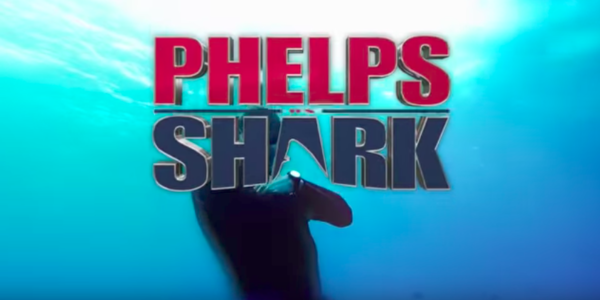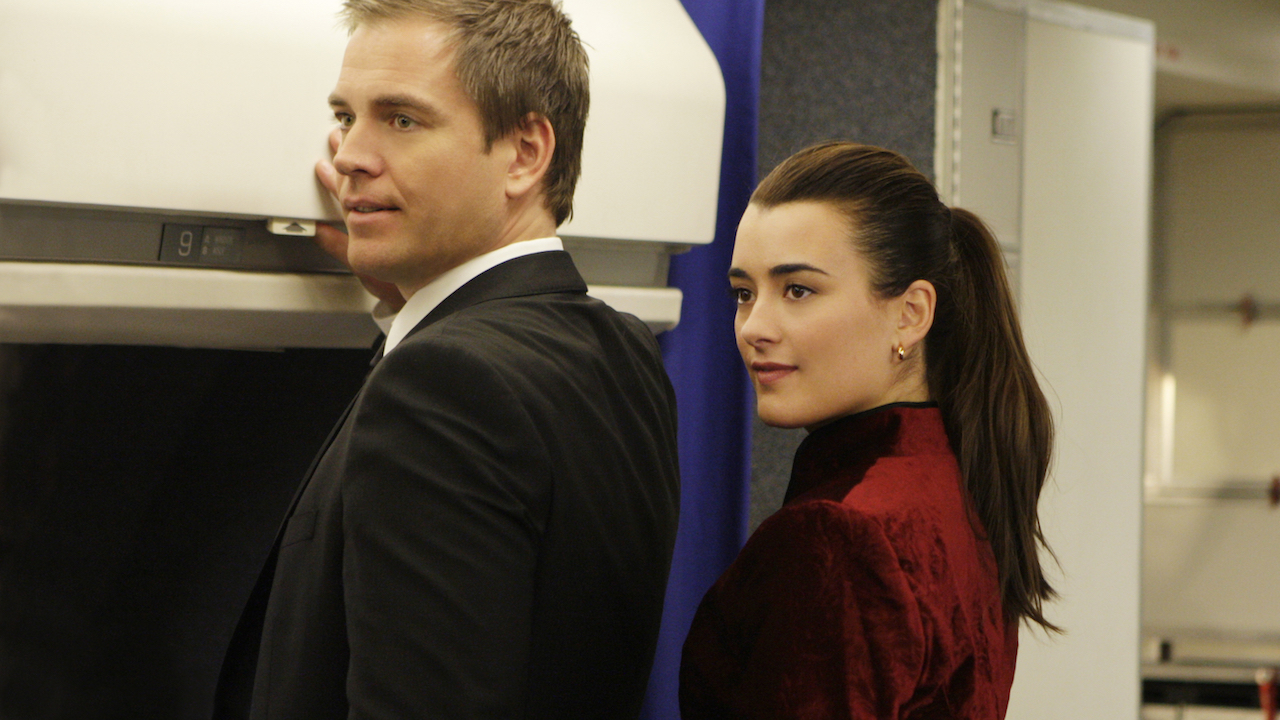Is Michael Phelps Actually Faster Than Sharks? Here's What The Shark Week Special Revealed

Shark Week is upon us again, and Discovery is poised to supply us with a full week of shark-themed programming. The action kicked off on July 23 with Phelps vs. Shark: Great Gold vs. Great White, which raced Olympic swimmer Michael Phelps and a great white shark against one another. The special raised the question: can the most decorated human swimmer hold up against the most efficient swimmers in the ocean? Well, we now have our answer about whether or not Michael Phelps is faster than sharks. As it turns out, Phelps is faster than... well, some sharks.
Michael Phelps teamed up with a group of scientists who sought to record the speeds of various sharks and then outfit an Olympian to see who was faster. The crew started off with recording the speeds of reef sharks and hammerhead sharks in the warm waters off of the Bahamas. They recorded the speeds of the sharks by putting one scientist on top of a pontoon bike and trailing bait behind him, which seemed pretty dangerous. Still, they got their records, and they were able to simulate a race between three swimmers: reef shark, hammerhead, and Michael Phelps.
Phelps was swimming in the open water with the help of a monofin that kept his feet together and enabled him to increase the volume of water he could push per kick, similarly to how a shark's tail moves. In the 50 meter race between the three, Phelps came in second with a time of 18.7 seconds, only just beating the reef shark with 18.9 seconds. The hammerhead left both in its wake with a time of 15.1 seconds.
For the great white race, the scientists gave Michael Phelps an upgraded monofin that would allow his movements to more closely mimic the swimming of a larger shark. Phelps had another advantage in the main event as well; the race against the white shark would take place over 100 meters rather than 50 meters, which would allow his endurance to potentially give him an edge over the massive predator.
He was at a distinct disadvantage in one area, however. While Phelps was able to cruise through the warm waters off the Bahamas, he was going to be in the much colder and much murkier waters off of Mossel Bay in South Africa, adjacent to a seal colony full of tasty shark meals. To swim in 56 degree water, Phelps was wearing a wetsuit that was only one millimeter -- yes, millimeter -- thick. The great white simulation was going to be quite different from the earlier simulation.
The final times had Michael Phelps losing to the great white, although by less than we might have expected. In the 100 meter race, the great white finished at 36.1 seconds, with Phelps coming in at 38.1 seconds. The race was actually pretty neck and neck until the very end, when the shark put on a burst of speed to chomp on a simulated seal waiting at the end of the lane. The cold and murkiness didn't do Phelps any favors, and it should be noted that Phelps needed to surface a couple of times to breathe in the 100 meters, which couldn't have helped his momentum. If only the scientists could have found a way to give him gills as well as fins!
At the end of the day, Michael Phelps is not faster than a great white shark. Phelps wasn't too discouraged by the defeat, as he shared this on Twitter:
CINEMABLEND NEWSLETTER
Your Daily Blend of Entertainment News
We'll have to wait and see if Michael Phelps is indeed up for a rematch for next year's Shark Week on Discovery. He'll appear one more time this year, as he'll take part in Shark School with Michael Phelps on July 30. Be sure to tune in to Discovery in primetime the rest of the week for all the shark action you could possible want. If fictional sharks are more your style, we have Sharknado 5 coming up in August.

Laura turned a lifelong love of television into a valid reason to write and think about TV on a daily basis. She's not a doctor, lawyer, or detective, but watches a lot of them in primetime. CinemaBlend's resident expert and interviewer for One Chicago, the galaxy far, far away, and a variety of other primetime television. Will not time travel and can cite multiple TV shows to explain why. She does, however, want to believe that she can sneak references to The X-Files into daily conversation (and author bios).









